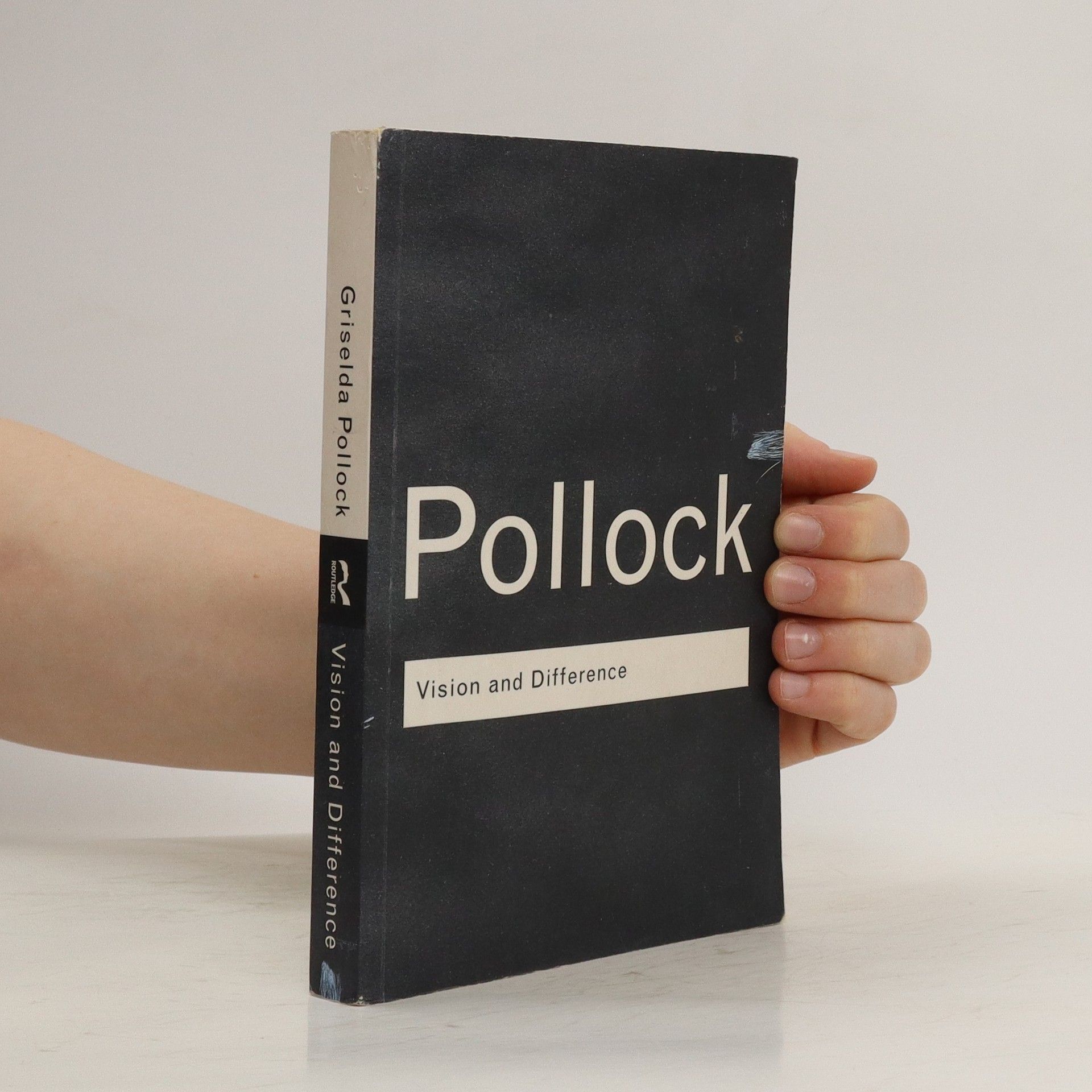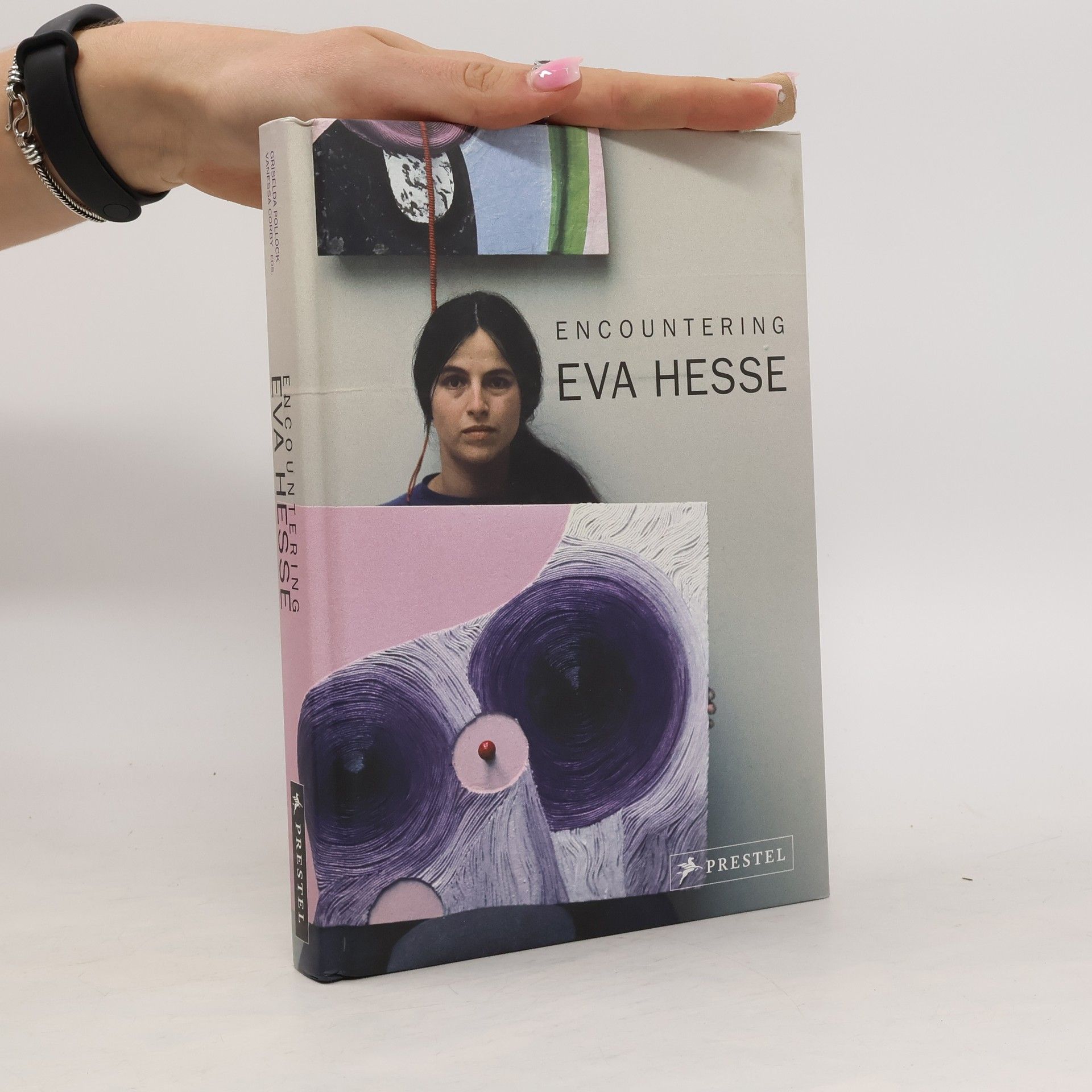Griselda Pollock Book order (chronological)
Griselda Pollock is a pioneering visual theorist and cultural analyst renowned for her contributions to postcolonial feminist studies in the visual arts. She is celebrated for her innovative theoretical and methodological approaches, which she skillfully integrates with insightful readings of historical and contemporary art, film, and cultural theory. Her work offers a critical and analytical lens through which to understand complex artistic and cultural phenomena, making her a significant voice in art criticism.






Griselda Pollock on Gauguin
- 120 pages
- 5 hours of reading
Griselda Pollock, feminist art historian and longstanding advocate of gender and racial inclusivity, unpacks the racist, sexist, and imperialist underpinnings of works created by Gauguin and others as they competed for preeminence in the European artistic avant-garde of the 1880s and '90s.
Killing Men & Dying Women
Imagining Difference in 1950s New York Painting
- 318 pages
- 12 hours of reading
The book delves into theories of embodiment and gesture to enhance the understanding of New York abstract painting. It offers insightful analyses of works by artists like Krasner, while also examining Pollock and Frankenthaler in their creative processes. By connecting the experiences of these artist-women with Marilyn Monroe, the text highlights the interplay between art and subjectivity, revealing deeper cultural and personal narratives within the abstract painting movement.
Mary Cassatt
- 280 pages
- 10 hours of reading
The definitive introduction to the artist Mary Cassatt, placing her work in the wider context of 19th-century feminism and art theory.
Killing Men & Dying Women
- 360 pages
- 13 hours of reading
This book explores how theories of embodiment, the gesture, hysteria and subjectivity can deepen our understanding of New York abstract painting. Providing readings of paintings by Krasner and examining images of Pollock and Frankenthaler at work, it builds a bridge between the New York artist-women and their other, Marilyn Monroe. -- .
After-Affects After-Images
Trauma and Aesthetic Transformation in the Virtual Feminist Museum
- 416 pages
- 15 hours of reading
Exploring the relationship between art and trauma, this book delves into whether artists move away from or towards their traumas and how these experiences manifest in their work. It questions whether art can transform trauma without providing a complete resolution, focusing on the role of artists as both creators and interpreters of personal and collective histories. Additionally, it examines how viewers engage with artworks that carry the weight of trauma, seeking connections and transformations through these emotional and historical traces.
Encountering Eva Hesse
- 255 pages
- 9 hours of reading
Die jüdischstämmige Eva Hesse wurde 1936 in Deutschland geboren und kam im Alter von drei Jahren mit ihrer Familie in die USA. Nach dem Studium in Yale begann sie in den 1960er Jahren als Malerin und Bildhauerin zu arbeiten. Tragische Berühmtheit erlangte sie durch ihren frühen Tod mit 34, und erst in den letzten Jahren wird die Bedeutung Eva Hesses für die Kunstwelt des 20. Jahrhunderts erschlossen und gewürdigt. Das interdisziplinäre Autorenteam dieses Buches aus Künstlern, Museumsexperten und Kunsthistorikern führt den Leser an das vielseitige Lebenswerk dieser exotisch anmutenden Künstlerin heran und zeigt einen umfassenden Überblick über ihre Zeichnungen, Gemälde und fragilen Skulpturen sowie Fotos aus ihrem Studio und ihrem privaten Leben. Die facettenreiche Auswahl erlaubt eine neue Sichtweise auf ihr großes künstlerisches Vermächtnis und stellt einen wichtigen Beitrag zum Verständnis ihrer Arbeiten dar.
Vision and Difference
- 352 pages
- 13 hours of reading
Griselda Pollock provides concrete historical analyses of key moments in the formation of modern culture to reveal the sexual politics at the heart of modernist art, exploring the writings of Elizabeth Siddall, Mary Cassatt and Berthe Morisot.
Griselda Pollock presents a critical exploration of feminist art history, tackling the contentious issue of the Old Masters' canon. She examines whether this traditional framework should be entirely dismissed, transformed, or restructured to better reflect women's contributions and perspectives in art. Through her analysis, Pollock challenges established narratives and advocates for a more inclusive understanding of art history that recognizes diverse voices and experiences.